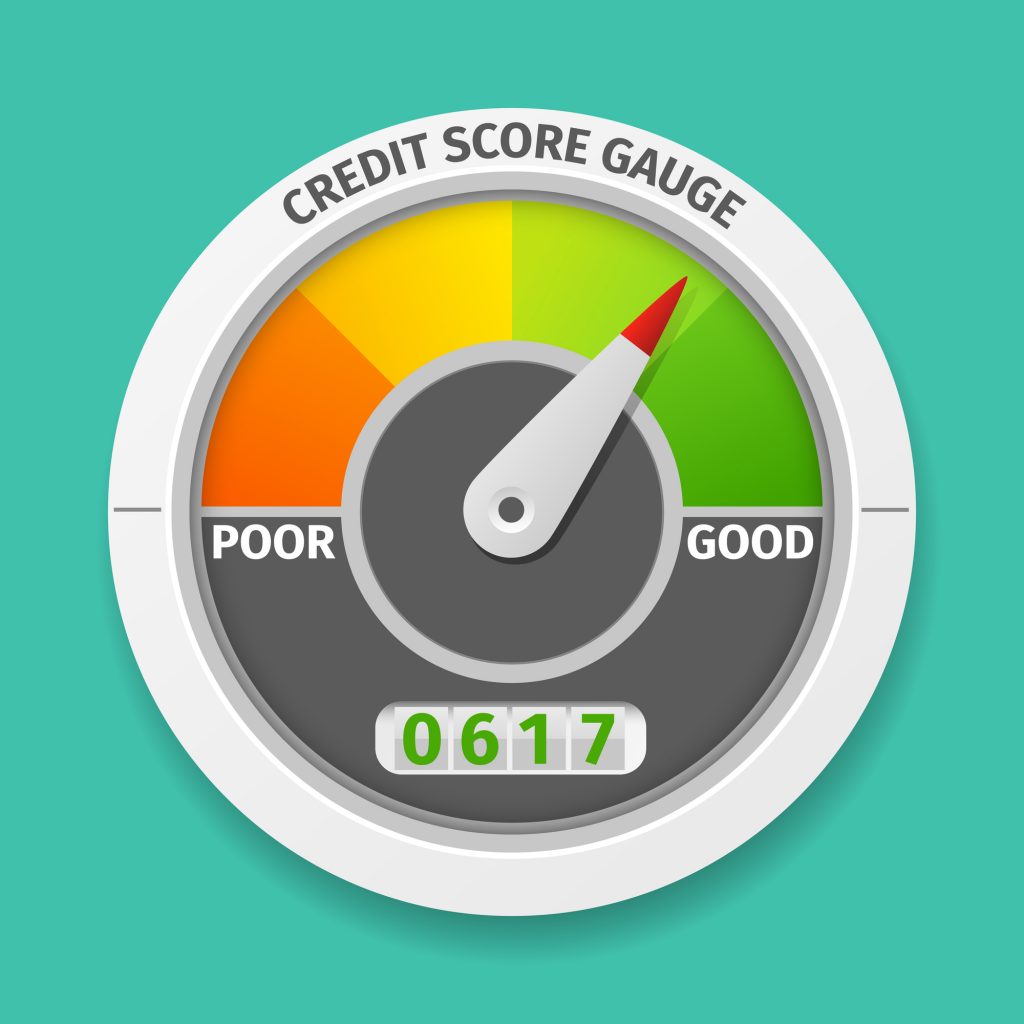Personal loans are a great way to get your hands on some money when you might have an urgent need for it. Anyone with a pay-cheque and a credit score can apply for one, which is a pretty low bar considering the possible financial repercussions that come with borrowing money.
Taking out a loan requires some careful research and financial preparation beforehand. People don’t usually take out loans when things are going fine and dandy. The deals are often made under intense pressure during times of financial hardship. During this time, you need to be extra careful with your finances in order to avoid making a terrible mistake that will hurt your finances in the long run. Before you borrow money in the form of a personal loan, you need to cover all of your bases.
1. Choose a good lender

There are lots of financing sources that you can choose from nowadays. Some of the more common options are banks, credit unions, and online lenders. These are some pretty safe bets, but their interest rates may vary depending on a multitude of factors.
Your best bet is to start exploring your options and doing tons of research. Obviously, you should look for a vendor that offers the best possible interests on the loan, but there are other things to consider.
2. Don’t forget to read the fine print
If a deal seems too good to be true, then it probably is. A bit of common sense could come in handy any time you are handed a contract. When you’re applying for a personal loan, you need to insist on the full disclosure on all the terms within the loan contract. Shady lenders might try to take advantage of the fine print and insert some less-than-favourable terms that could harm you.
Some lenders want to draw out the payment process for as long as possible. They see it as an investment and the money they get from the interest is the main goal. To get the most out of the loan, they might try to insert a pre-payment fee clause into the terms. Pre-payment fees make it difficult for you to make payments on the loan before they’re due. Not only are the interest rates eating away at your ability to pay the rate, but you get something else to purposefully hold you back. This is unethical at best and you should avoid contracts that have these types of terms.
3. Know your financial capabilities
Applying for a personal loan isn‘t all sunshine and rainbows. You need to be able to pay off that loan in a reasonable timeframe. Otherwise, not only is it not going to end up worth the trouble, but you will also cause additional financial strain for yourself once the interest rates catch up to you.
You must gauge your financial situation and figure out what kind of money you can set aside for payments every month.
Lenders might try to persuade you to take on a loan that’s too big for you to handle. Their numbers might seem reasonable at first, but that‘s only because they want to get you to sign off on the loan as quickly as possible. It’s important that you do the necessary math on your own and come out with a deal that is favourable for your finances. Falling into a debt trap isn’t in your best interest.
4. Decide between fixed and variable rates
This is another tricky decision you will face if you decide to get a loan. The type of rates you pick can have a pretty big impact on how well you’re going to be able to pay them. Both fixed and variable rates have their benefits and downsides, you just need to figure out which one is most adequate for your financial situation.
Variable rates are usually great to start with. At first, your loan rates will be pretty low, which makes it a lot easier to handle the rest of your finances. If your financial problems are only temporary, the breathing room these loans will provide you could be a life-saver. On the other hand, with the rise of your interest rates, you’ll also have to pay more for the variable rates.
Fixed rates function on a much simpler principle. No matter how much your interest rate rises, your payments will stay pretty much the same over the course of the loan.
5. Make your debt easier to manage
When you have a bunch of different debts, it can be difficult to keep track of each and every one of them. Some of them might be long term loans that don’t accumulate a lot of interest, which is why you might not be in a hurry to pay them. On the other hand, you might have loans that you really need to pay off before the interests start to spiral out of control. Prioritizing your loans and organizing payments can be pretty hard at times, but there are some methods that can make the process a bit easier.
If you combine all of your loans into one big loan, it can become a lot easier to manage. This is called debt consolidation. A company that specializes in these types of loans does all the managing for you. You don’t have to worry about when and where to send your payments or how to prioritize them. When you apply for a worthwhile debt consolidation loan, you only have to make one set of payments to the business that is handling your debts. The business usually offers an interest rate that is mild enough that you can pay off those loans over a very long period of time, while not having to worry about managing the rest of your loans. The business will charge a fee for this service, but it’s well worth the price considering what you get out of it.
6. Don’t check with too many lenders

Too much searching can prove counterproductive to your goals. When seeking out a lender, you need to have your credit score assessed in order to determine whether or not you’re eligible for the loan and to figure out what kind of interest you should be given.
If your credit score is being accessed too often for the purpose of loans, you could be seen as a credit hungry client. This could lead to your score dropping by a significant amount.
On the other hand, you don’t have to approach every lender on your own. Loan aggregator portals don’t need to access your credit every time they check with available lenders. By consulting one of these portals, you could get help in finding the best possible deal without harming your credit.
Conclusion
Personal loans won’t solve your financial problems, but they can make it easier for you to get a grasp of your financial situation and fix it. If you’re taking the necessary steps towards improving your finances, you’re going to be able to pay off that loan without much issue. Personal loans are powerful, but dangerous tools that shouldn’t be overutilized because they can lead to ballooning interest rates that can destroy your finances. As long as you’re responsible about using them, you shouldn’t fret.
